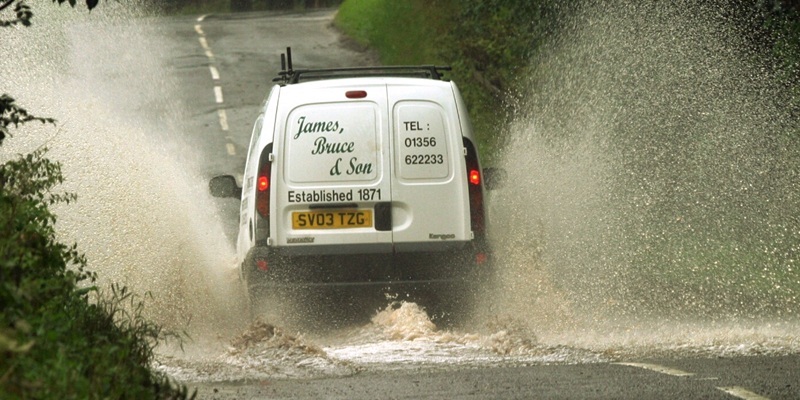Fears have been raised in Angus that “postcode lottery” flood funding could leave the area in deep trouble.
The worries have emerged as part of a consultation response to Scottish Government plans, which will shape the nation’s future flood management response, with a leading local councillor claiming rural areas such as Angus look certain to lose out.
The Flood Risk Management (Scotland) Act 2009 has been described as a “big step forward … providing a unique opportunity to shape new ways of working and creating a modern, sustainable approach to flood management fit for the 21st century.”
A number of Angus communities including Brechin and Carnoustie have suffered flood misery in recent years and, at a time when major financial challenges face councils, Angus infrastructure services convener David May has attacked the way money is dished out for flood schemes.
“Presently under this government, funding depends on the number of properties directly affected,” he said. “Consequently this means that urban areas by their very nature more densely populated are going to be advantaged and areas such as Angus will lose out.
“Having in the past year visited many of the areas of Angus affected by flooding, I call on the Scottish government to reconsider their policy.
“We also have the additional situation of the financial pressures facing councils, so it is more important than ever to make sure we receive as much money as possible and do not lose out just because of our location and population.”
